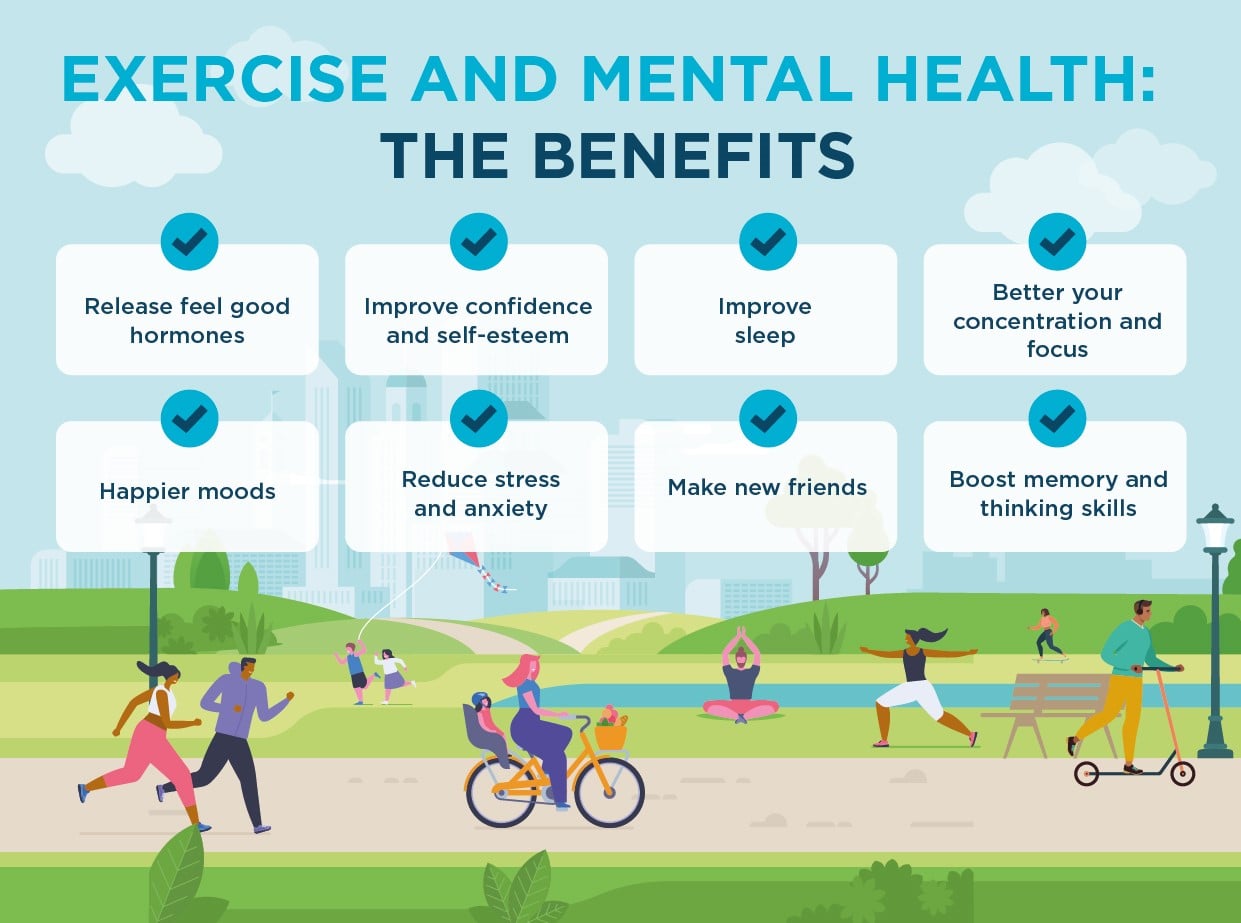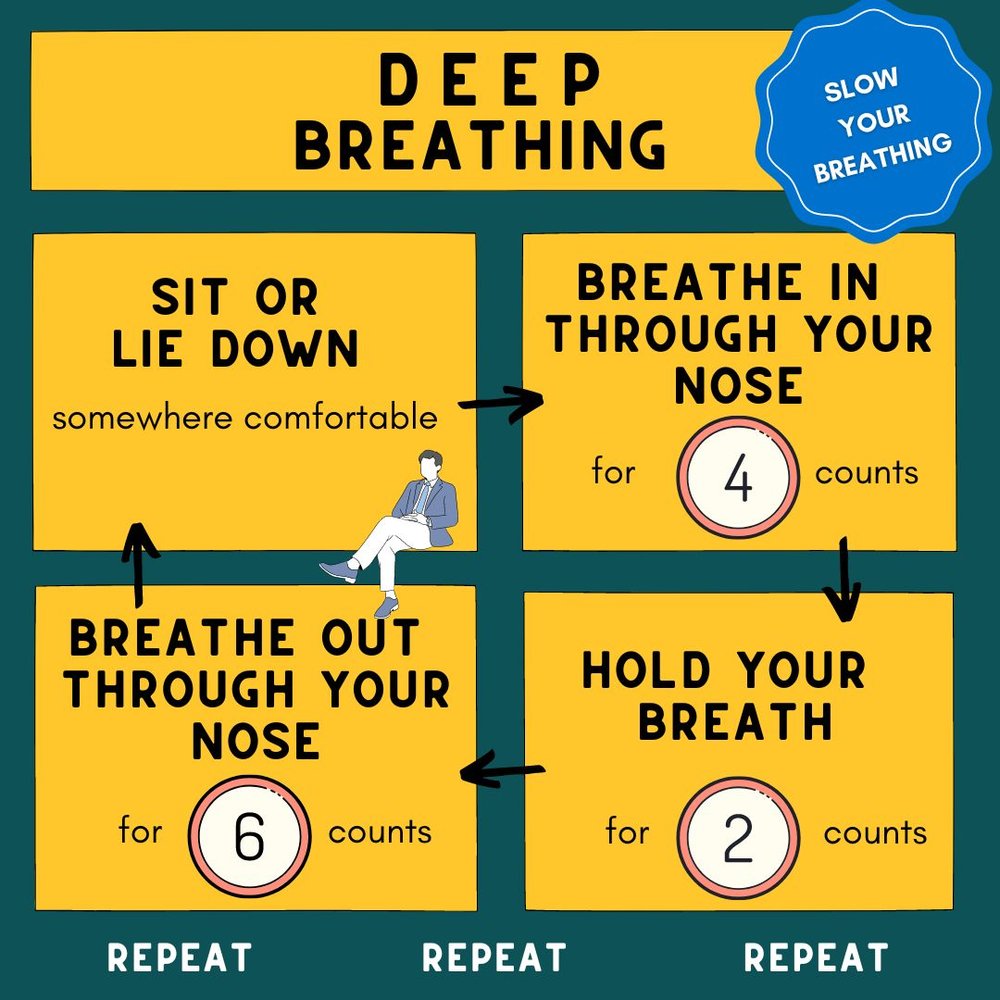Stress is something we all experience, whether it’s due to work pressure, personal struggles, or unexpected life events. The way we handle stress can vary—some people hit the gym, others meditate, and some people turn to food. If you’ve ever found yourself reaching for that comforting bowl of ice cream or a salty snack during a tough day, you’re not alone. The relationship between food and comfort runs deep, and understanding why we turn to food when stressed can help us create healthier coping mechanisms.
The Science Behind Stress Eating
When we’re stressed, our body enters a heightened state of alert, triggering the release of stress hormones like cortisol and adrenaline. These hormones are meant to prepare us for the “fight or flight” response, helping us deal with immediate threats. The issue is that, in today’s world, stress often isn’t about physical danger but about emotional or mental challenges that don’t require a physical reaction.
This is where food comes in. Our brains are wired to seek comfort when we feel threatened or uneasy, and certain foods can help us feel better, at least temporarily. Sugary, fatty, or salty foods trigger the release of feel-good chemicals in the brain like dopamine and serotonin, which provide a sense of relief from stress. It’s the same principle behind why a warm cup of tea or a favorite comfort food feels soothing—it gives us an emotional break from the stress we’re carrying.
The Role of Instant Gratification
Stress makes us want quick relief, and food often provides that. While a hug or a good conversation can also help, they take time to deliver that same level of comfort. Food, on the other hand, is quick. It’s easy, accessible, and offers an immediate sense of calm. This instant gratification can quickly become a habit, especially when it’s a pattern we’ve relied on in the past.
The issue is that while food can temporarily relieve stress, it doesn’t address the root cause of the stress itself. Over time, this reliance on food for comfort can lead to unhealthy eating habits, weight gain, and even worsened mental health, creating a vicious cycle.
Emotional Eating vs. Physical Hunger
One key to understanding why we turn to food when stressed is recognizing the difference between emotional hunger and physical hunger. Physical hunger builds gradually, with your body sending signals that you need food. Emotional hunger, on the other hand, hits suddenly and is often linked to a specific feeling or situation—like stress, boredom, or anxiety.
When stress triggers emotional hunger, it can be easy to confuse the need for comfort with the need for food. However, emotional hunger often leads to overeating, as the goal is not to fuel the body but to quiet the mind. This is why you might find yourself eating when you’re not truly hungry, or craving foods that are less about nutrition and more about comforting emotions.
The Importance of Healthy Coping Strategies
So, what can we do to break the cycle of stress eating? The first step is recognizing that food isn’t the only tool we have to cope with stress. By developing healthier ways to manage stress, we can reduce our reliance on food for emotional comfort.
Here are a few strategies to consider:
- Mindful Eating: Pay attention to how you eat. When you focus on your food—its taste, texture, and aroma—you can better recognize when you’re eating out of true hunger versus emotional desire. This can help you make more conscious choices and avoid overeating.
- Exercise: Physical activity is a great way to relieve stress. Whether it’s a run, a yoga session, or even a brisk walk, exercise helps reduce cortisol levels and boosts your mood naturally.
- Stress Management Techniques: Incorporating relaxation techniques like deep breathing, meditation, or even journaling can help you process stress without turning to food for comfort.
- Reach Out for Support: Talking to someone about what’s on your mind can make a huge difference. Sometimes, all we need is a little connection to help us deal with life’s stressors.
- Proper Nutrition: Eating balanced meals that fuel your body with the right nutrients can stabilize your mood and energy levels, making it easier to handle stress without turning to unhealthy foods for comfort.
Stress is a normal part of life, but how we handle it can have a profound impact on our health. Turning to food for comfort may offer temporary relief, but it’s important to understand that it doesn’t solve the underlying issue. By developing healthier coping strategies, we can manage stress in ways that nourish both our minds and our bodies. It’s all about recognizing the triggers, being mindful of our choices, and taking steps toward healthier habits—one meal at a time.




